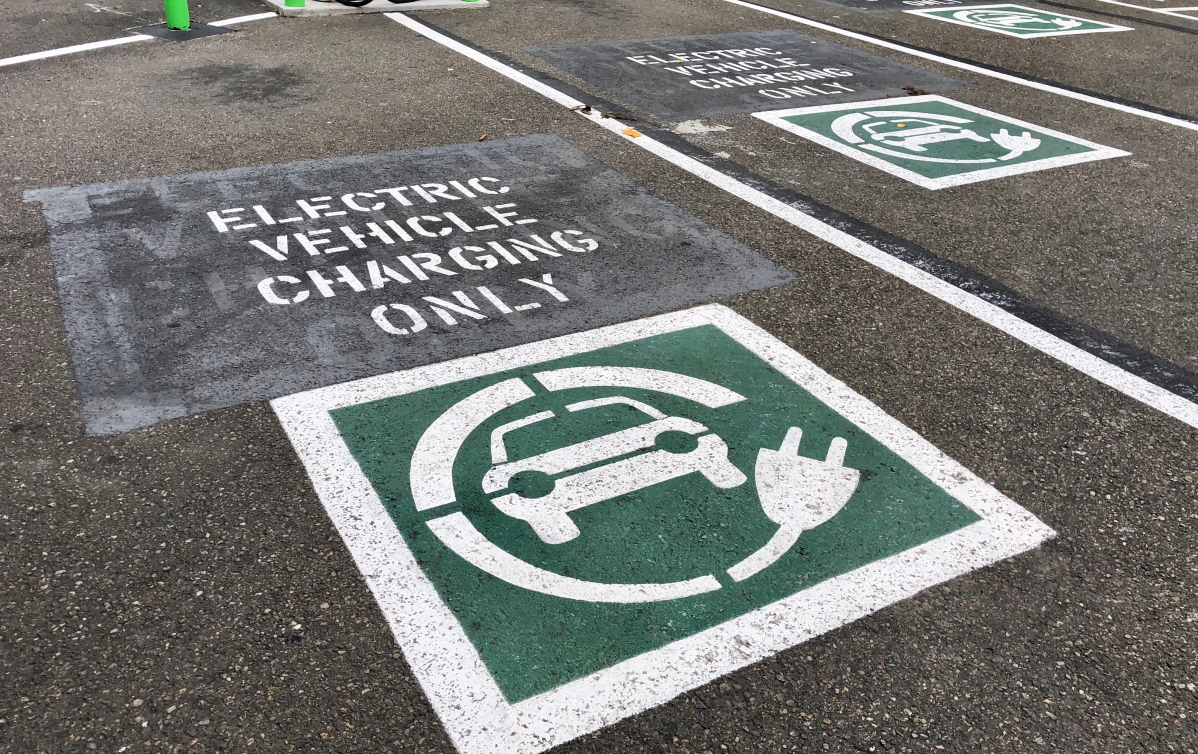The latest move of the Biden administration to promote electric vehicles in the U.S. has threatened the prospects of Asian car makers, especially EV manufacturers like Hyundai, its affiliate Kia, Toyota Motor and others. Now it is mandatory for these Asian car maker companies to make their cars in North America.
Beginning of August, President Joe Biden signed a sweeping tax, climate and healthcare legislation, dubbed the Inflation Reduction Act, that requires auto manufacturers to assemble electric vehicles (EVs) in North America to be eligible for the tax break of up to $7,500 for buyers of new EVs through 2032. Used EVs qualify for a maximum credit of $4,000. A few plug-in hybrids also qualify for the tax break.
The new legislation reflects the Biden administration’s perplexing delicate balance to have more EVs on the road and, at the same time, create American manufacturing jobs and reduce its supply chain reliance on China. As far as EV adaptation is concerned, the U.S. lags behind China and Europe.
Asian car maker Hyundai’s shares plummet
Meanwhile, shares of Hyundai Motor and its affiliate Kia slumped on the prospects of their EV sales in the U.S. in the wake of President Biden signing the legislation. Last week, Hyundai’s stock price fell 2.1% to close at 186,000 won, as investors worried that the Asian car maker might lose market its share in the U.S. Similarly, the stock price of Kia dropped steeper – a 2.5% to 76,700 won. The benchmark Kospi index, however, slid just 0.3%.
Hyundai and Kia do not have electric vehicle plants in North America so far. In May, the Asian car maker announced its plans to invest 6.3 trillion won ($4.8 billion) to set up an EV plant with a production capacity of 300,000 vehicles a year in Georgia by June 2025. This means that the company will need to depend on exporting EVs from South Korea for the next three years.
Hyundai, the maker of the Ioniq 5, and Kia, which sells the EV6, rank second in the U.S. electric vehicle market in the first quarter of 2022 with a 9% share, the Woori Finance Management Institute reported. While Tesla dominated the market at 76%, Ford was third at 4%. Therefore, analysts are of the view that there will be an immediate negative impact of the new U.S. legislation.
Angela Hong, an analyst at Nomura, said, “Hyundai’s Ioniq 5 will be at a disadvantage as it would be ineligible for the credit, while vehicles such as the Ford Mustang Mach-E or Volkswagen ID. 4 would be at an advantage.”
According to the U.S. Department of Energy, at present, General Motors, Ford and Tesla, along with European companies including Audi, BMW and Mercedes are the only automakers having final EV assembly plants in North America. Nissan Motor is the only Asian car maker in the U.S. with an EV assembly plant.
Meanwhile, Hyundai said the company is addressing the issue via the Korea Automobile Manufacturers Association.
Asian car makers in trouble
The strings attached to EV incentives in the law have been worrying Asian car makers, especially Japanese auto companies. Already, Japanese EV brands are struggling to come from behind in electric cars as Toyota and its peers do not make any EVs or plug-in hybrid vehicles in North America.
Aside from the clause in the law necessitating the North American assembly rule for the EVs, the battery packs must also clear a North American content requirement to qualify for $3,750 of the full tax credit.
The other $3,750 depends on the supply chain for “critical” battery minerals, including lithium and cobalt. It is now mandatory to extract or process a specific share of these minerals in the U.S., in a U.S. free trade partner country, or recycled in North America.
Even American car manufacturers, which appear to be better poised to reap the benefits of the EV incentives, are also said to face hurdles to clear localizing their battery supply chains. Mary Barra, General Motor CEO, said at a virtual business roundtable with President Biden this month that some of the goals “cannot be achieved overnight.”
Consumer Reports state that just a few models from General Motors, Ford Motor, Volkswagen and Nissan Motor are likely to clear the requirements of the new legislation at this stage. Tesla and Rivian models are also on the list of potential beneficiaries.


 Australia
Australia China
China India
India Indonesia
Indonesia Japan
Japan Malaysia
Malaysia Philippines
Philippines Singapore
Singapore South Korea
South Korea Taiwan
Taiwan Thailand
Thailand Vietnam
Vietnam







